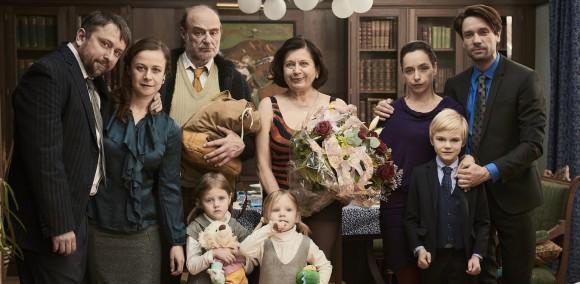NEW YORK—Director Bohdan Slama is fascinated with families; he has made five feature films, and every one of them deals with family relations at their core.
“It is my life theme,” said Slama, whose latest film “Ice Mother” is playing at the Tribeca Film Festival. “It’s the foundation of human relationships; a good family gives people a sense for good relations with other people, which seems to me to be the most important.”
The impetus for “Ice Mother” was the thought of the many “infantile adults” in today’s world, children who never seem to grow up and take responsibility for themselves. Slama finds it to be a dangerous phenomenon. For Slama, “mothers keep the world together,” and the thought of mothers suffering their infantile adult children seemed disastrous. It sent him searching: What kind of relationships would be needed to help such a mother find freedom?






